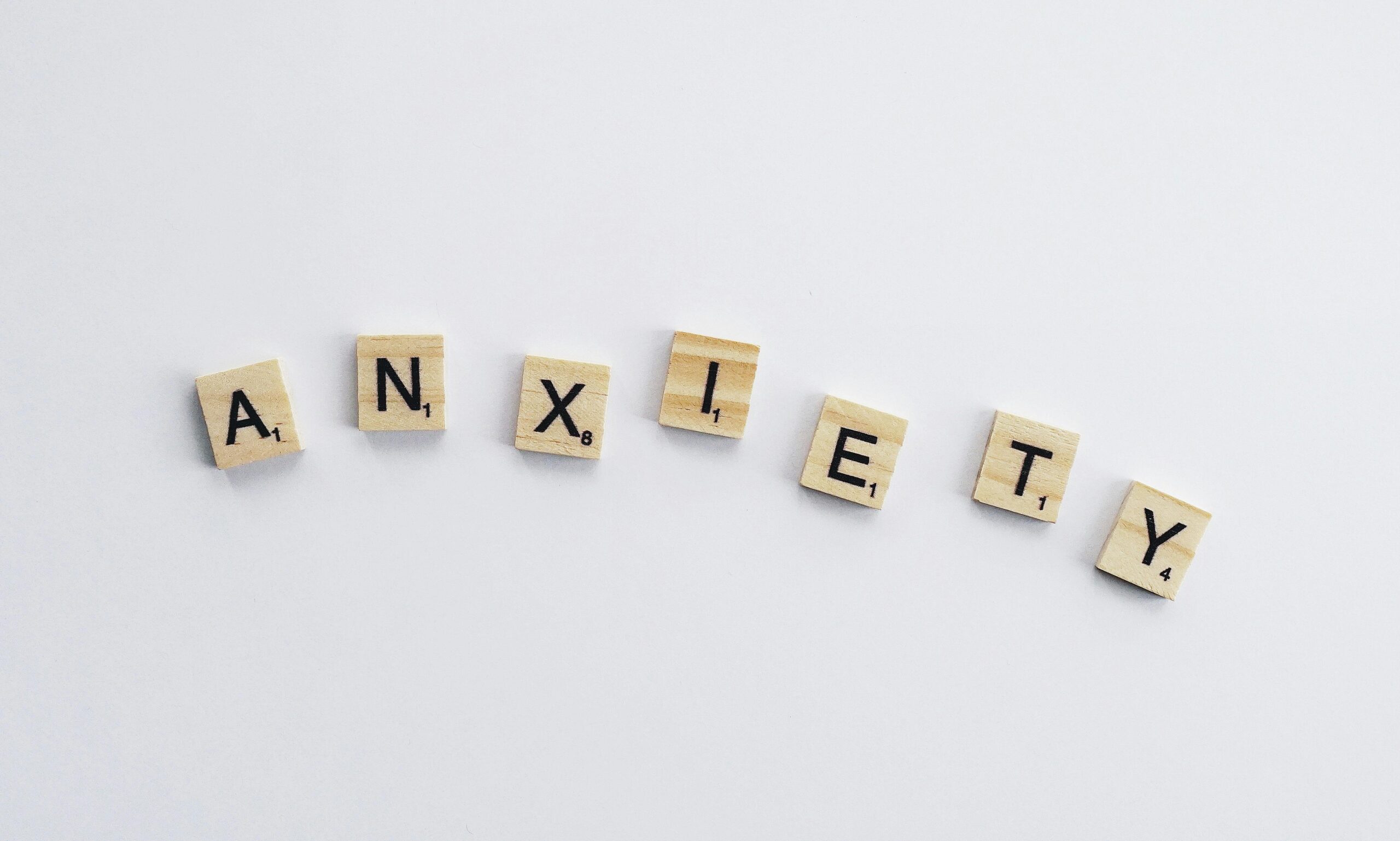

Affirmations are positive statements that challenge and overcome negative thoughts and self-sabotaging behaviors. They are powerful tools that can help rewire the brain, foster positive thinking, and create a more optimistic mindset. In this blog post, we will explore the history of affirmations, how they work in conjunction with energy healing, different ways to write affirmations, and how hiring Daniel Rosenstein can help you transform your life.
Affirmations have been around for centuries, rooted in the traditions of various cultures and spiritual practices. The concept of using positive statements to influence the mind dates back to ancient civilizations. For example, the ancient Egyptians believed in the power of words and used them in healing rituals and prayers. Similarly, ancient Hindu and Buddhist texts emphasize the use of mantras, which are repetitive chants or phrases believed to bring about spiritual and psychological benefits.
In the modern era, affirmations gained prominence through the work of French psychologist Émile Coué in the early 20th century. Coué introduced the concept of “conscious autosuggestion” and popularized the phrase, “Every day, in every way, I am getting better and better.” His work laid the foundation for contemporary practices of affirmations and self-suggestion.
The New Thought movement, which emerged in the late 19th and early 20th centuries, further popularized affirmations. This spiritual movement emphasized the power of positive thinking and the ability of individuals to shape their reality through their thoughts and beliefs. Influential figures like Louise Hay, Norman Vincent Peale, and Napoleon Hill have all contributed to the widespread acceptance and use of affirmations in modern self-help and personal development literature.
Affirmations are simple, positive statements designed to challenge negative thoughts and promote a positive mindset. They are typically short, present-tense sentences that reflect a desired outcome or state of being. The underlying principle is that by repeating these statements regularly, you can influence your subconscious mind and bring about positive changes in your life.
Affirmations can address various aspects of life, including self-esteem, relationships, health, career, and overall well-being. They work by replacing negative self-talk with constructive and empowering thoughts. For example, instead of thinking, “I am not good enough,” you might use the affirmation, “I am capable and deserving of success.”
Energy healing, such as Reiki, EFT (Emotional Freedom Techniques), and Emotion Code, complements the practice of affirmations by addressing the energetic imbalances and emotional blockages that can hinder positive thinking. When combined, these practices can amplify their benefits, leading to profound emotional and psychological shifts.
For instance, during a Reiki session, a practitioner might use affirmations to reinforce the healing process, promoting a sense of peace and well-being. Similarly, EFT involves tapping on specific meridian points while repeating affirmations to release negative emotions and reinforce positive beliefs. Emotion Code, another energy healing technique, uses affirmations to help identify and release trapped emotions that may be causing physical or emotional distress.
To explore more about different energy healing techniques, visit Pranic Healing, Sekhem, and Soul Retrieval.
Writing effective affirmations involves more than just stringing together positive words. Here are three different ways to craft your affirmations:
Many successful individuals and celebrities have attributed their achievements to the regular use of affirmations. Here are a few examples:
These examples demonstrate that affirmations can be a powerful tool for anyone, regardless of their background or profession.
Using affirmations effectively requires consistency, belief, and emotion. Here are some steps to help you incorporate affirmations into your daily routine:
Incorporating daily affirmations into your routine can have a profound impact on various areas of your life. Here are some of the best affirmations for different purposes:
Self-Esteem and Confidence
Health and Well-Being
Career and Success
Relationships and Love
Overall Well-Being
While affirmations might seem like mere positive thinking, there is scientific evidence supporting their effectiveness. Research in psychology and neuroscience has shown that our thoughts can significantly influence our emotions and behaviors. By consistently repeating positive affirmations, we can rewire our brain and create new neural pathways that support positive thinking and behavior.
A study published in the journal “Social Cognitive and Affective Neuroscience” found that self-affirmation activates the brain’s reward centers, making us more receptive to positive feedback and reducing stress. Another study in the “Journal of Experimental Social Psychology” showed that affirmations can improve problem-solving abilities and increase resilience in the face of challenges.
Moreover, affirmations can help counteract the negative effects of self-criticism and negative self-talk. By replacing these harmful thought patterns with positive affirmations, we can boost our self-esteem, improve our mental health, and enhance our overall well-being.
The effectiveness of affirmations can vary significantly from person to person, depending on several factors such as the individual’s mindset, consistency in practice, and the specific goals they are aiming to achieve. Generally, affirmations are positive statements that are repeated regularly to encourage a positive mental attitude and promote self-belief. For some people, the impact of affirmations can be noticed relatively quickly, within a few weeks, while for others, it may take several months of consistent practice to see significant changes.
One of the key factors in the success of affirmations is consistency. Repeating affirmations daily, ideally multiple times a day, helps to reinforce the positive messages in your subconscious mind. This repetition can gradually shift your thought patterns and beliefs, making you more aligned with the affirmations you are using. However, simply repeating affirmations without truly believing in them or connecting emotionally with them may not yield the desired results. It’s crucial to internalize the affirmations and feel the emotions associated with the positive outcomes you are seeking.
Another important aspect is the specificity and realism of the affirmations. Affirmations that are specific, realistic, and personalized to your circumstances are more likely to be effective. For instance, instead of a generic affirmation like “I am successful,” a more specific affirmation such as “I am confidently achieving my career goals and excelling in my profession” can have a stronger impact. The more relatable and believable the affirmations are, the easier it is for your subconscious mind to accept and integrate them.
Additionally, the time it takes for affirmations to work can be influenced by the presence of deep-seated negative beliefs or traumas. If you have underlying issues that contradict the positive affirmations, it may take longer to see results as these negative beliefs need to be addressed and transformed. Combining affirmations with other therapeutic practices such as Reiki, EFT (Emotional Freedom Techniques), or Emotion Code can accelerate the process by clearing emotional blocks and enhancing the effectiveness of the affirmations.
In conclusion, the time it takes for affirmations to work is not a one-size-fits-all answer. It depends on individual factors, consistency, emotional connection, specificity, and any underlying issues that may need to be resolved. With patience, persistence, and a positive mindset, affirmations can be a powerful tool for personal growth and transformation.
While affirmations are a powerful tool, some people may face challenges when trying to incorporate them into their routine. Here are some common obstacles and tips for overcoming them:
Here are some examples of good affirmations to inspire you:
To make the most of affirmations, it’s important to incorporate them into your daily routine. Here are some tips to help you get started:
Navigating the world of affirmations and energy healing can be overwhelming, but you don’t have to do it alone. As an experienced energy healing practitioner, I, Daniel Rosenstein, can help you craft personalized affirmations, shift your beliefs, and transform your life. Whether you’re looking to improve your self-esteem, enhance your career, or find peace in your relationships, I offer a range of services, including Motivational Coaching, Mindset Coaching, and various energy healing techniques.
Together, we can create a plan tailored to your unique needs and goals, incorporating affirmations and energy healing practices to help you achieve lasting positive change. Contact me today for a free consultation and take the first step towards a brighter, more fulfilling future.
For more guidance and personalized support on using affirmations and other energy healing techniques, don’t hesitate to reach out to me, Daniel Rosenstein. Let’s work together to create a plan that helps you shift your beliefs and transform your life.







Feeling Stuck in Life? Here’s How to Break Free and Move Forward At some point, almost everyone experiences the feeling

Trauma can profoundly impact our mental, emotional, and physical well-being. Whether it stems from a single life-altering event or accumulated

Anxiety and depression can cast dark shadows, making it hard to see a way forward. But there’s one light that

6 Things People Don’t Know About Anxiety (And How Energy Healing Can Help) Anxiety is one of the most common